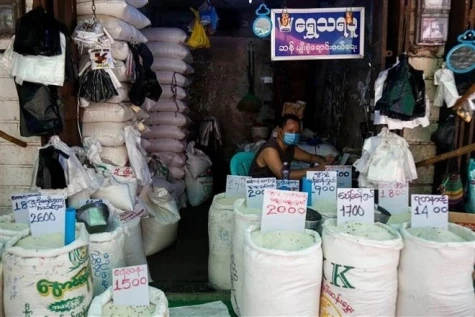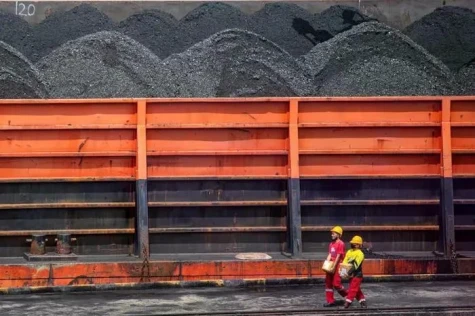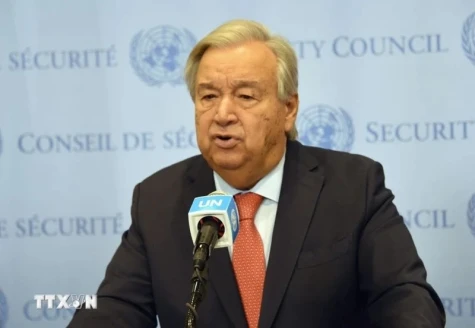Following the official decision of the US, under President Donald Trump, to lift comprehensive economic sanctions on Syria, the European Union (EU) has also enacted legislation to remove all economic restrictions imposed on the Middle Eastern country.

These are positive steps that pave the way for a new phase of cooperation, aimed at supporting Syria’s stabilisation and reform efforts to rebuild its post-conflict economy.
Both the US and EU had imposed sweeping sanctions on Syria throughout the country’s 14-year civil war. After the fall of President Bashar al-Assad’s regime in December 2024, Syria’s interim government has sought to restore relations with Western nations and called for the lifting of sanctions. These decisions are seen as efforts to assist the Syrian people in national reconciliation and rebuilding a new state.
The European Council has removed 24 entities from its list of asset freezes and economic resource restrictions, including several banks and companies in key sectors such as oil refining, cotton, and telecommunications.
According to the US Department of the Treasury, lifting sanctions will boost activity across all sectors of the Syrian economy by enabling new investments and private sector engagement, essential for rebuilding the financial sector and critical infrastructure.
The easing of sanctions is conditional on Syria not becoming a safe haven for terrorist organisations and ensuring the protection of religious and ethnic minority communities.
The US State Department has issued a waiver allowing international partners and allies to participate in Syria’s reconstruction, effectively greenlighting companies to resume operations in the country.
This policy shift signals a significant change in the US and EU approach toward Syria following the collapse of the Assad regime. It also underscores the EU’s commitment to supporting Syria’s transition and sustainable development. The EU reiterated its readiness to cooperate with the transitional government in Syria, aiming for a peaceful, inclusive, and sovereign future, free from foreign interference.
Syria’s interim government hopes the US and EU decisions will help ease the country’s humanitarian crisis and facilitate the distribution of essential goods to its struggling population. Currently, 16.5 million Syrians, nearly 70% of the population, are in need of humanitarian aid, with over half facing food insecurity and nearly three million at risk of severe hunger. The transitional government has declared its willingness to collaborate with international partners, provided there is no interference in the country’s internal affairs.
Following the lifting of Western sanctions, the International Monetary Fund (IMF) has pledged to offer technical assistance to Syria. The IMF noted that the country requires substantial support to rebuild its economy after 14 years of conflict. Meanwhile, the World Bank reported that Qatar and Saudi Arabia have paid Syria’s 15.5 million USD debt to the institution, paving the way for Damascus to access aid and financial support. According to a Carnegie Endowment for International Peace report, Syria’s reconstruction could cost between 250 billion USD and 400 billion USD.
The lifting of Western sanctions offers hope for Syria’s recovery and signals the beginning of a new era of cooperation and support to help the long-troubled nation move toward stability.
However, significant challenges remain. Syria continues to face risks of renewed conflict and unresolved deep-seated divisions.
UN Special Envoy for Syria Geir Pedersen has voiced concern about potential outbreaks of violence and a decline in public trust following recent sectarian attacks targeting Alawite and Druze communities.
Syria’s Deputy Permanent Representative to the UN, Riyadh Khdair, also acknowledged the country’s ongoing threats, including the risk of economic collapse, widespread destruction, and continued instability. He emphasised that beyond decisive domestic action, Syria requires stronger international support to move toward recovery, stability, and long-term development.
NDO






























